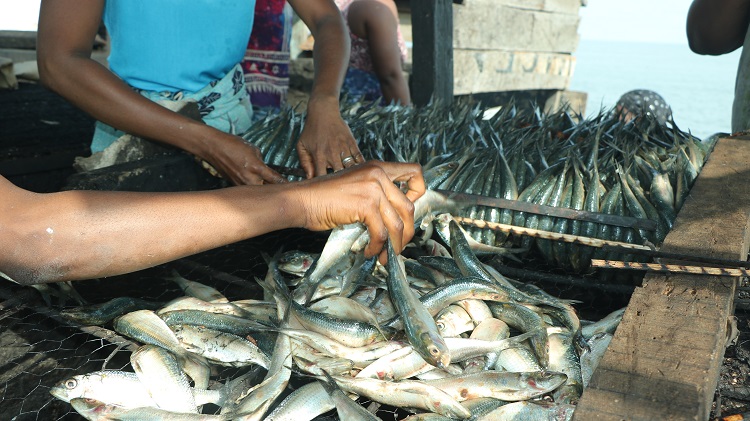Item 6 on the agenda of the 34th Session of COFI related to “Decisions and recommendations made by the Sub-Committee on Fish Trade at its Seventeenth Session (Vigo, Spain, 25-29 November 2019)” drew the attention of COFI. To this effect, the organization sent a statement to COFI on the guide for the social sustainability of artisanal fisheries value chains.
In this document, CAOPA supports the request of the Sub-Committee on Fish Trade to strengthen the capacity of FAO members to better understand value chains in the artisanal fisheries sector, as well as FAO’s commitment to develop a guide on social responsibility along fish value chains.
In Africa, CAOPA recalls, this sector is essential for the food security of the populations. According to FAO, artisanal fishing provides more than ten million jobs for men and women in African coastal communities. “In Senegal, for example, a canoe fishing for small pelagic can employ around a hundred people from the capture to the consumer’s plate,” says the organization, emphasizing that it is essential to improve living and working conditions for all those working in the sector.
Secondly, CAOPA indicates that this improvement in women’s working conditions is taken into account by FAO Voluntary Guidelines, notably in the chapters on Social Development, Employment and Decent Work as well as the chapter on Value Chains, Post-Capture Activities and Trade.
With regard to future guide on social responsibility in fish value chains, CAOPA supports the creation of a specific document for artisanal fisheries with references to social aspects and minimum requirements drawn from FAO Voluntary Guidelines and ILO Convention C188 on Work in the Fishing Sector.


